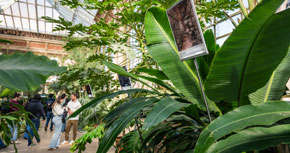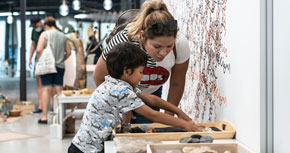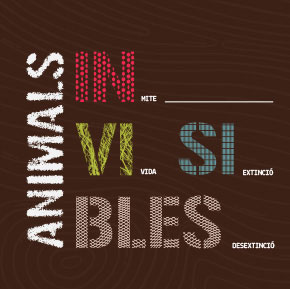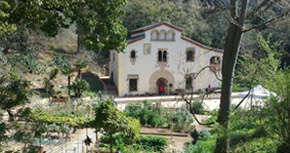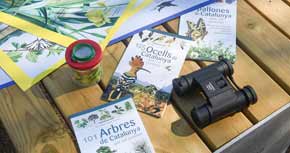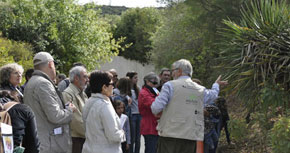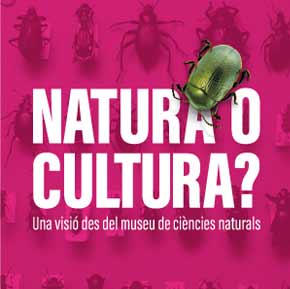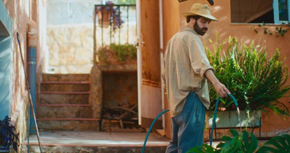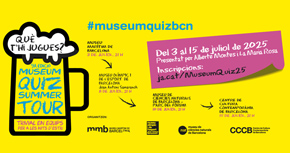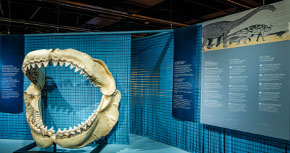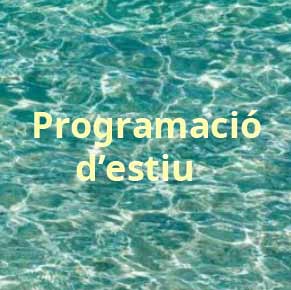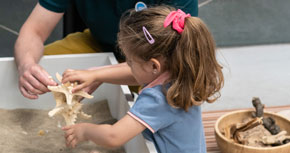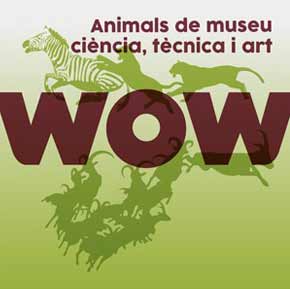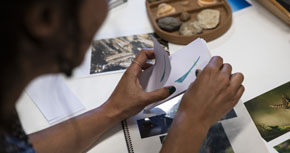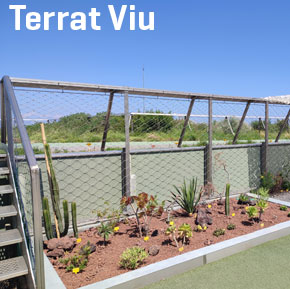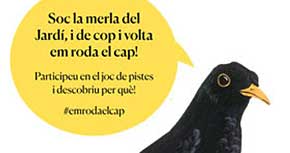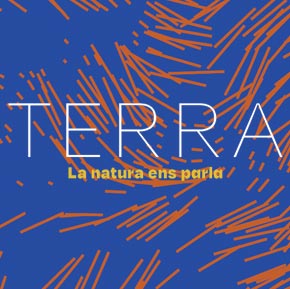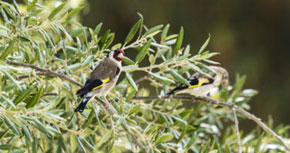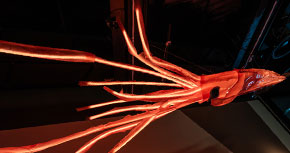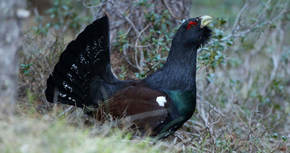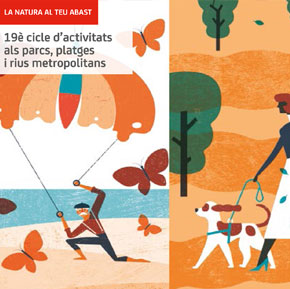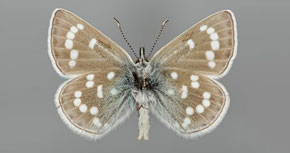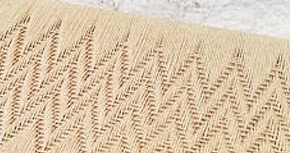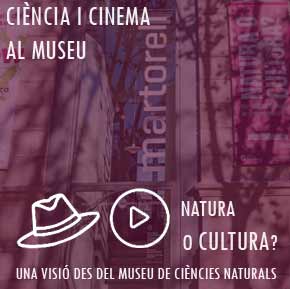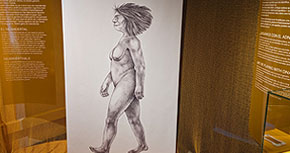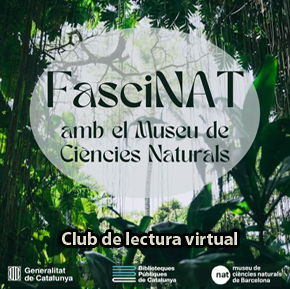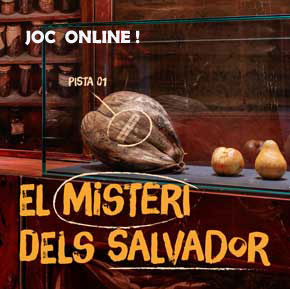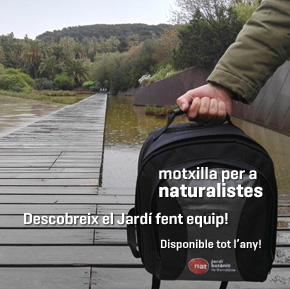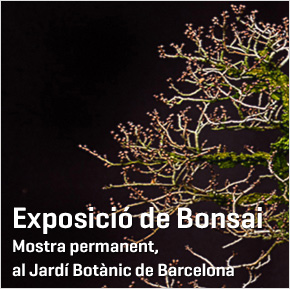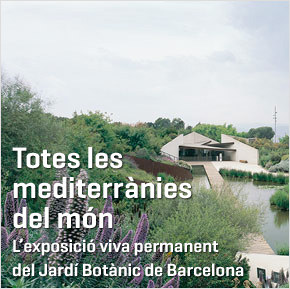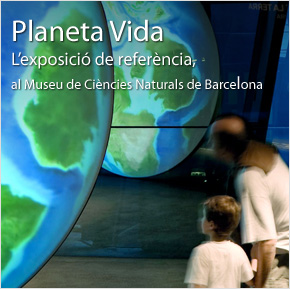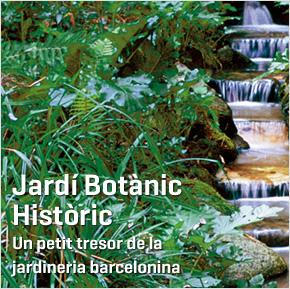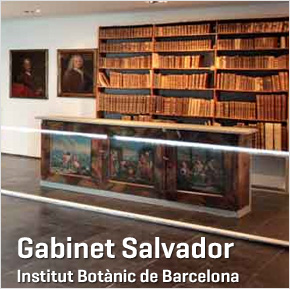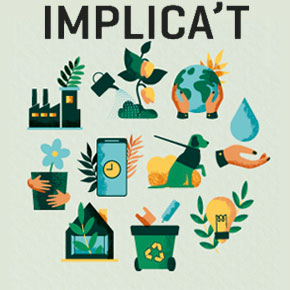Títol del seminari: Plant telomeres: BAL31-NGS in telomere biology
Resum:
This talk will be about plant telomeres in general but also about a specific method to identify as yet undiscovered telomere sequences, which combines next generation sequencing (NGS) with BAL31 digestion of high molecular weight DNA.
The method was applied to two groups of plants: i) dicots, genus Cestrum, and ii) monocots, Allium species (e.g. A. Ursinum and A. cepa).
Both groups consist of species with large genomes (tens of Gb) and a low number of chromosomes (2n=14-16), full of repeat elements. Both genera lack typical telomeric repeats and multiple studies have attempted to characterize alternative telomeric sequences. However, despit interesting hypotheses and suggestions of alternative candidate telomeres (retrotransposons, rDNA, satellite repeats) these studies have not resolved the question.
In a novel approach based on the two most general features of eukaryotic telomeres, their repetitive character and sensitivity to BAL31 nuclease digestion, we have taken advantage of the capacity and current affordability of NGS in combination with the robustness of classical BAL31 nulease digestion of chromosomal termini. While representative samples of most repeat elements were ensured by low-coverage (less than 5%) genomic shot-gun NGS, candidate telomeres were identified as under-represented sequences in BAL31-treated samples.
Ponents: Vratislav Peska, Institute of Biophysics (IBP) de la Czech Academy of Sciencies (CAS).
Idioma vehicular: anglès.
Lloc: Sala Salvador, Institut Botànic de Barcelona.
Organitza: Institut Botànic de Barcelona



